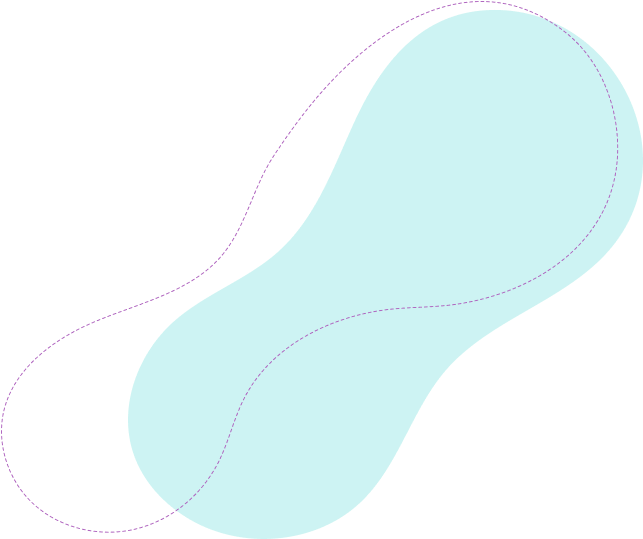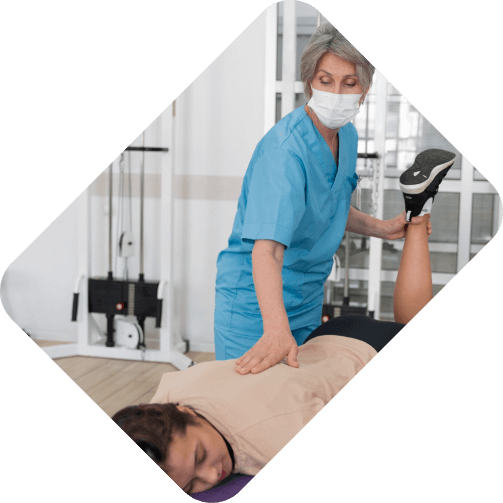Pediatric Osteopathy


Common Conditions We Treat
Traumatic Delivery & C-Section Issues
Have you had a traumatic delivery? A planned C-Section? Do you have breast feeding issues or have a needy baby?
Various types of delivery have different impacts on children. Babies have very fragile heads and they are mouldable.
Forceps or Ventouse Delivery
Depending on the tension of using these instruments and the number of times used, it can build tension up in the baby's head. It becomes noticeable at times when a baby is presented with a "cone head" appearance. You may also notice bruising on the cheeks or the face.
Paediatric trained Osteopaths have had extensive training in recognising these tensions through palpation using different techniques such as cranial, structural etc. and helping them retain their balance again.
Breast Feeding Problems – LATCH
The most distressing problem of the baby not latching can affect the babies' health and the Mother's. At times baby is unable to latch on or even bite at the nipple causing several problems.
The bones of the baby's head and face are obviously involved in their latch and their sucking. What enables the baby to latch is the combination of all the facial bones, the neck, the jaw and all the bones in the head working together.
Breast Feeding Issues – Position
One of the most common problems, failure to breast-feed properly!
Some babies have positional preference, meaning they like to feed from one breast rather than the other. This could be due to a problem in their neck or the tensions they are holding in their head (Cranium) from the moulding through the birthing process.
Feeding Constantly
Many times Mums come to us complaining of their babies sucking on the breast even when they have had a feed. Common reasons include:
Babies find relief from pain as sucking releases pain relieving chemicals from the brain
Mother's desperate escape from facing a distressed child
Traumatic delivery may have irritated their head from using Ventouse, Forceps
Plagiocephaly (Flat Head Syndrome)
Flat Head Syndrome is known as Positional Plagiocephaly (distortion of the side of the head) and Brachycephaly (distortion of the back of the head). It affects nearly half of the babies born in the UK and whilst it is generally mild, it can become severe. Osteopathy looks at improving the overall mobility of the cranial bones in the skull and removing restrictions in the spine.
Babies That Need Excessive Holding
Some babies require excessive holding, rocking or soothing post a traumatic delivery. This could be due to increased autonomic drive in their system. These babies at times are unable to lie on their backs and appear to be flexed or extended in their spine.
Babies With Stiff Backs
When babies arch their backs or are able to hold their neck up making it look like they have a 'strong' neck. These presentations are a sign of excessive stress in their tissues from maybe a long birth, been stuck for a long period whilst contractions took place or a cord wrapped around their neck.
Curled Babies
Curled babies always have their knees up all the time. Even when you hold them in your arms they bring their legs up into a flexed position.
These babies need unwinding and stretching out. Usually after working on their nervous system and musculoskeletal system the babies can feel a lot of relief and become to unravel and open up.
Planned C-Section Births
Some babies come out in a state of shock after C-section. As they did not get the time to tune into the new world. It's this "surprise" that can sometimes stay with a baby and keep them on edge and ratty. By calming a baby's nervous system with cranial osteopathy this "wired" state can be reduced.

Our
Treatment Process
Gentle Assessment
Careful evaluation of your child's needs and concerns
Tailored Treatment
Personalized gentle techniques for optimal results
Ongoing Support
Regular monitoring of progress and development


